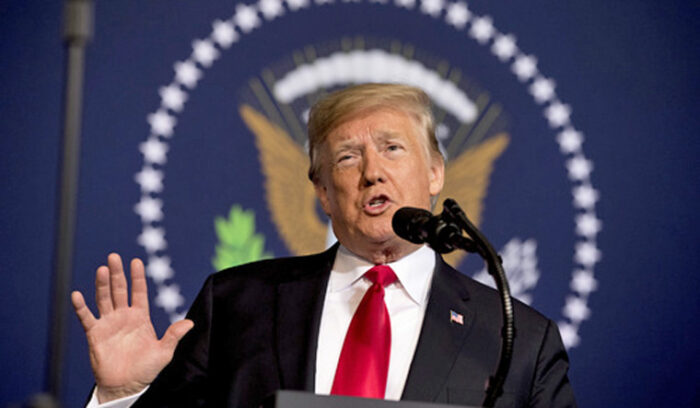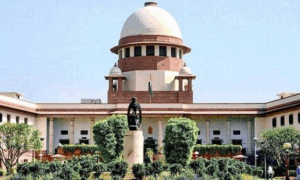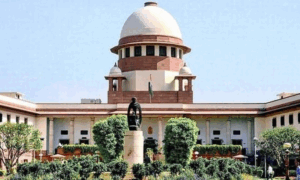
File Picture
The US Supreme Court rejected a bid by Texas’ attorney general to block the ballot of voters in battleground states that favoured President-elect Joe Biden.
According to a CNN report, the court’s move to dismiss the challenge is the strongest indication yet that President Donald Trump has no chance of overturning election results in court that even the justices whom he placed there have no interest in allowing his desperate legal bids to continue.
The lawsuit was filed by Texas Attorney, a staunch supporter of Trump. He had sought to invalidate the election results of Pennsylvania, Michigan, Georgia and Wisconsin.
Trump and his legal team on Thursday had intensified their campaign to change the results of the elections, with the President reaching out directly to Michigan officials and Trump’s attorney Rudy Giuliani holding a combative press conference.
On December 11, 18 states had joined Texas in its election lawsuit that seeks to halt presidential electors in four battleground states from casting their votes for US President-elect Joe Biden, reported The Hill.
An amicus brief was filed by the attorneys general of seventeen states where President Donald Trump was projected as the winner – Missouri, Alabama, Arkansas, Florida, Indiana, Kansas, Louisiana, Mississippi, Montana, Nebraska, North Dakota, Oklahoma, South Carolina, South Dakota, Tennessee, Utah and West Virginia.
Texas Attorney General Ken Paxton had filed the lawsuit on Tuesday before the Supreme Court against the states of Michigan, Georgia, Wisconsin and Pennsylvania, where Biden was declared the winner, arguing that electors from those states should not cast their votes because the states unconstitutionally changed their voting processes to allow for mail-in voting.
This comes as the US president continues to repeatedly question the legitimacy of Biden’s win, accusing fraud and impropriety in the elections, and seeking recounts in several states, despite election officials in battleground states having already certified the president-elect’s victory in the presidential polls.
[the_ad id=’22722′]


















